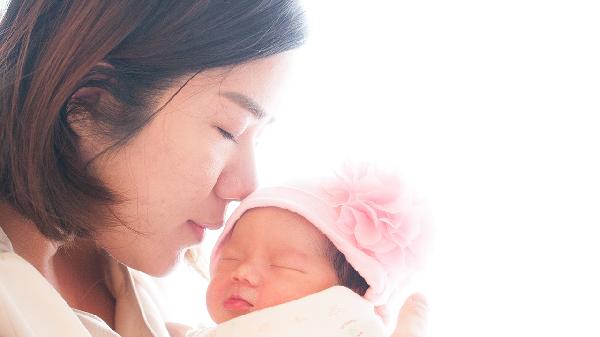Before babies develop the ability to express themselves verbally, they can only communicate their needs through crying. Additionally, newborns lack awareness and cannot control their urination or bowel movements in an orderly manner. It’s common for parents to find that their baby doesn’t pee when they try to encourage it, but then suddenly has a bowel movement during bath time or while being fed. This can be quite troublesome for parents. Let’s take a look at some of these frustrating behaviors and how to handle them!
Behavior 1: Pooping in the bath tub
Explanation: Many babies tend to poop during bath time. This is because the warm water makes them feel comfortable and stimulates their anus, triggering the urge to defecate. So, it’s not entirely the baby’s fault, as they don’t yet have the ability to control their bowel movements. Another reason is that their bowel movement timing might coincide with bath time.
First, parents should try to separate the baby’s bowel movement time from bath time. Learn the baby’s bowel movement patterns, or if the timing is irregular, help the baby poop before bathing. Another method is to let the baby play or move around before bathing if they haven’t pooped yet. Physical activity can stimulate the baby’s digestive system and speed up the process. Once the baby has pooped, you can safely let them enjoy their bath.
Tips: If the baby poops during the bath, make sure to rinse their body under running water and clean the tub thoroughly before letting them continue bathing.
Behavior 2: Grabbing and putting random objects in their mouth
Explanation: Around 5-6 months old, babies start actively grabbing objects within their sight. This is a natural part of their development. However, at this stage, babies can’t yet judge the nature of objects and rely on their tongue or lips to explore. Additionally, during the oral fixation phase, babies often put objects in their mouths to satisfy their oral needs. A clear example is their tendency to suck on their fingers, a behavior that begins even in the womb.
Tips: Parents should avoid leaving small items like coins, batteries, or other swallowable objects within the baby’s reach. These items are extremely dangerous, and the consequences of the baby putting them in their mouth could be severe. When choosing toys for the baby, avoid those with small parts. Consider the size of the toy and whether it’s easy for the baby to put in their mouth. Parents must take these precautions seriously for the baby’s health and safety.
























